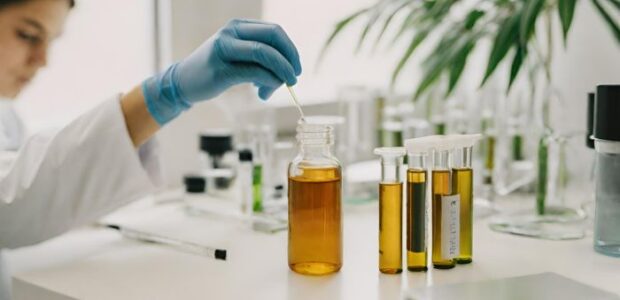
With the increasing popularity of CBD products, many people are curious about whether CBD can show up on a drug test. Whether you are considering using CBD for its potential health benefits or you are concerned about the consequences of a positive drug test, it is important to understand the relationship between CBD and drug testing.
Types of Drug Tests
Before we delve into the topic, let’s first discuss the different types of drug tests commonly used:
- Urine Test: This is the most common type of drug test. It detects the presence of drugs or their metabolites in the urine.
- Saliva Test: This test analyzes saliva samples for the presence of drugs.
- Blood Test: Blood tests are less common and are usually used in specific situations, such as accidents or suspected impairment.
- Hair Test: Hair tests can detect drug use over a longer period, as drugs and their metabolites can be trapped in the hair follicles.
CBD Contamination
One of the main concerns regarding CBD and drug tests is the potential for contamination. CBD products derived from hemp should contain less than 0.3% THC, the psychoactive compound found in marijuana. However, there have been cases where CBD products have been found to contain higher levels of THC than what is legally allowed.
If you are using CBD products that are not properly regulated or tested, there is a risk of THC contamination. This could potentially lead to a positive drug test result, especially with more sensitive tests or if you are consuming large amounts of CBD.
Does CBD Show Up on a Drug Test?
In most cases, CBD alone should not show up on a drug test. Standard drug tests are designed to detect THC or its metabolites, not CBD. However, it is important to note that some CBD products may contain trace amounts of THC, even if labeled as THC-free.

If you are using CBD products that are labeled as “broad-spectrum” or “CBD isolate,” they should contain no THC. These products go through additional processing to remove any traces of THC. However, it is always a good idea to check the product’s lab reports or certificates of analysis (COA) to ensure that it is indeed THC-free.
On the other hand, if you are using full-spectrum CBD products, they may contain small amounts of THC, although it should still be below the legal limit of 0.3%. While these trace amounts are unlikely to trigger a positive drug test result, it is not entirely impossible, especially with more sensitive tests or if you are consuming large quantities of full-spectrum CBD.
Conclusion
In conclusion, CBD alone should not show up on a drug test designed to detect THC or its metabolites. However, it is crucial to choose CBD products that are properly regulated, tested, and labeled. If you are concerned about the possibility of a positive drug test, opt for CBD isolate or broad-spectrum products that are certified to be THC-free.
Remember, it is always a good idea to consult with your employer or the organization conducting the drug test to understand their specific policies and guidelines regarding CBD use. Transparency and open communication can help ensure that you make informed decisions while enjoying the potential benefits of CBD.
